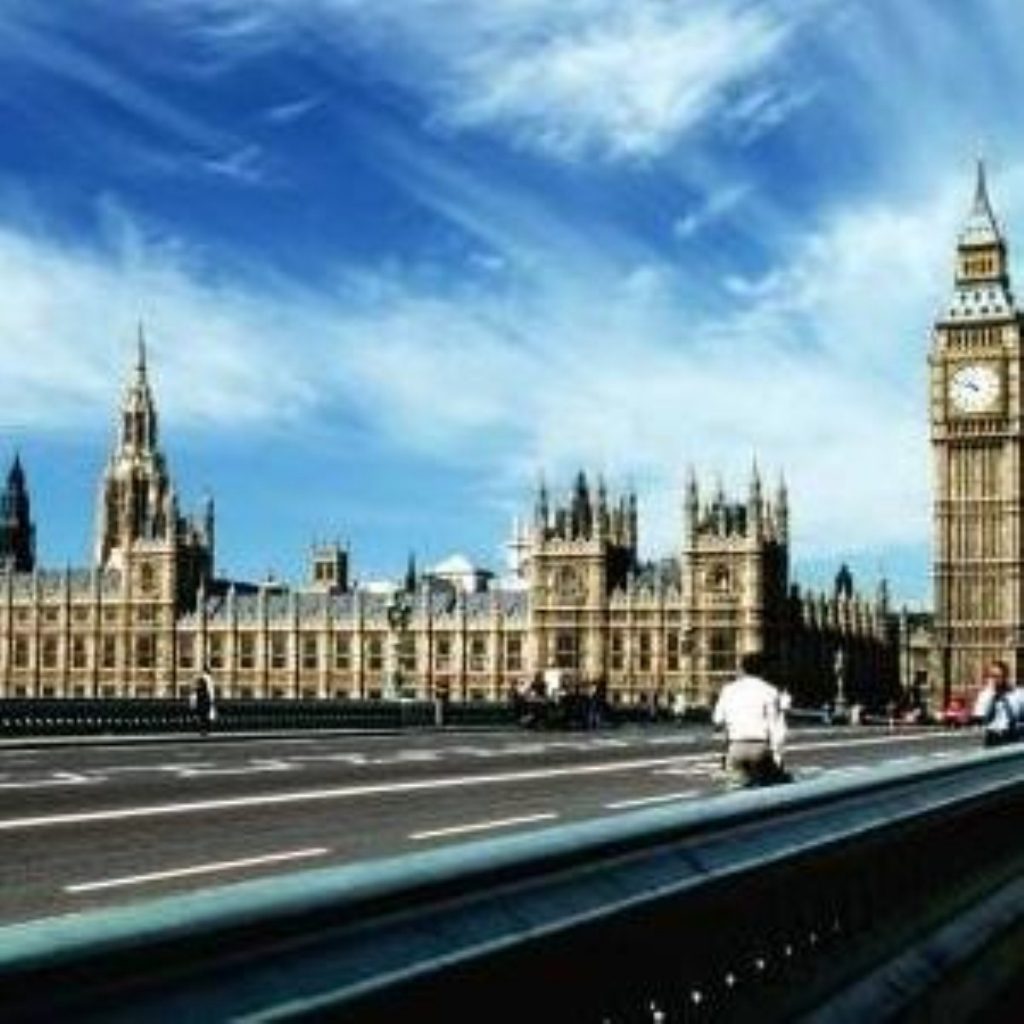MPs probe Labour fundraiser behind closed doors
Labour’s chief fundraiser, Lord Levy, has today given evidence to a committee of MPs investigating the future of party political funding.
The meeting of the constitutional affairs committee went ahead despite warnings by Scotland Yard that it could prejudice investigations into the loans-for-peerages row.
As a result, today’s meeting, which also heard from Lord Levy’s Conservative and Liberal Democrat counterparts, Lord Marland and Lord Razzall, was held in private.
And in a statement released this lunchtime, the committee stressed Lord Levy had not been questioned on anything to do with the probe.
“The committee’s inquiry is not concerned with honours or peerages, or with the conduct of individuals,” the MPs said.
“The committee has had discussions with the Metropolitan police and has taken fully into account the need to avoid any risk of prejudicing police inquiries.”
Lord Levy, a close ally of Tony Blair, is thought to be the only person to have known about £14 million of undeclared loans made to the party before the general election, other than the prime minister and former Labour general secretary Matt Carter.
There was an uproar when it was revealed that Downing Street had nominated four of the 12 lenders for a place in the House of Lords, prompting concerns that honours were being sold off.
Labour has denied any wrongdoing, but the Metropolitan police have launched an investigation into both their funding activities and those of the Conservatives, who also deny any suggestion of impropriety.
There have also been questions as to why Lord Levy asked wealthy backers not to donate money to the party, which would have had to be made public, but instead provide a loan which, as long as it was at a commercial rate of interest, could be kept private.
The whole affair has raised major concerns about the way political parties are funded, and the constitutional affairs committee is one of a number of bodies looking at the issue.
However, the public administration committee and the Electoral Commission have delayed their investigations on the advice of the police, and last night the Scottish National party (SNP) said the constitutional affairs committee should have followed suit.
“It would be unforgivable if politicians who make laws were seen to undermine the work of those who are tasked with enforcing them,” said Angus MacNeil, the MP whose complaints prompted the police probe.
He added: “I realise that [the evidence session] may be held in private but, as many of us know, the world of politics does not guarantee leaks and rumour.
“It is vitally important that all lawmakers refrain from doing anything that could jeopardise the integrity and evidential value of the present Scotland Yard enquiry.”
But today the committee said the issues raised at the meeting were focused on the challenge of raising funds for political parties in an era of declining membership, and whether there should be tighter limits on party spending.





-01.png)